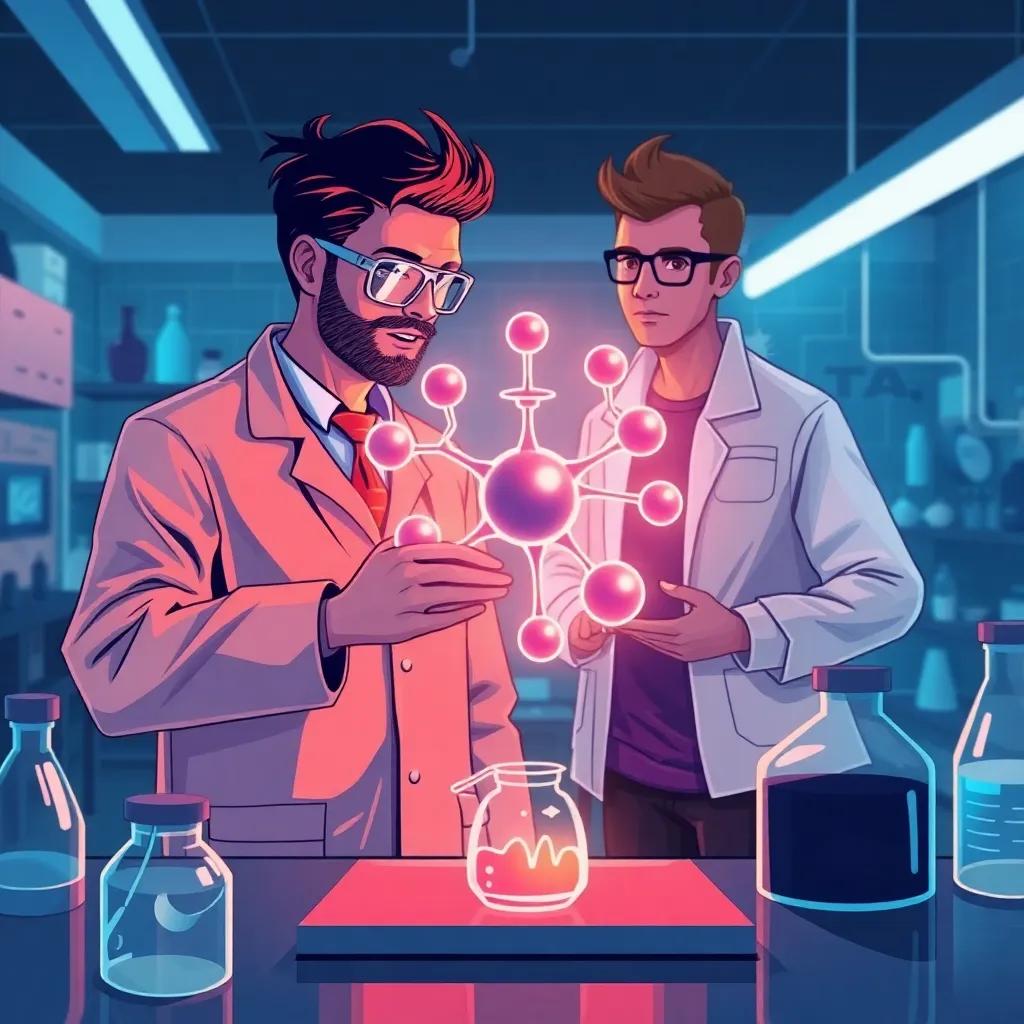Exploring the unregulated parallel research ecosystem around BPC-157, its potential benefits, and the ethical dilemmas it presents.
The rise of BPC-157 in biohacker communities highlights both its therapeutic potential and the risks of unregulated use.
The Dual World of BPC-157 Research
In May 2024, an independent lab analysis revealed that 32% of BPC-157 samples from underground peptide markets failed purity tests. This startling finding underscores the growing divide between traditional medical research and the burgeoning ‘biohacker’ economy that has emerged around this experimental peptide.
The Science Behind BPC-157
BPC-157 (Body Protection Compound-157) is a synthetic peptide derived from a protein found in human gastric juice. Researchers at the University of Zagreb published new preclinical data in April 2024 showing BPC-157’s effects on angiogenesis in muscle tissue. These findings suggest potential applications in tissue repair and wound healing,
noted lead researcher Dr. Ivančević in their paper.
The peptide’s mechanism of action appears multifaceted. A 2023 preprint study suggests BPC-157 may influence glucose metabolism through GLP-1 pathways, sparking comparisons to GLP-1 agonists like semaglutide. This has led to off-label use in metabolic disorders, despite lacking clinical validation.
The Sports Medicine Connection
Sports medicine clinics in Texas and Florida are reporting increased off-label BPC-157 use for tendon injuries, according to a recent industry survey. Dr. Sarah Chen, a sports medicine specialist in Miami, observes: We’re seeing athletes who’ve obtained BPC-157 through gray market sources, often with minimal understanding of proper dosing or potential risks.
A patient registry tracking BPC-157 users now includes over 1,200 entries, with 68% reporting subjective improvement in symptoms. However, these anecdotal reports lack the rigor of controlled clinical trials.
Regulatory Challenges
The FDA issued warning letters to three peptide distributors in Q1 2024 for marketing BPC-157 as a therapeutic compound. This regulatory action highlights the tension between patient demand and evidence-based medicine. Legal scholar Mark Petrovich notes: The current regulatory framework wasn’t designed for this era of decentralized experimentation and rapid information sharing.
The Biohacker Phenomenon
What makes BPC-157 particularly notable is how patient communities are conducting decentralized n=1 experiments and sharing data through encrypted apps. This creates an unregulated parallel research ecosystem that both challenges and complements traditional clinical trials. Biohacker communities have developed elaborate dosing protocols and combination therapies that have never been formally studied.
While this democratization of research has potential benefits, it also raises significant safety concerns. The purity issues identified in underground products demonstrate one of the key risks of this unregulated market.
Looking Forward
The BPC-157 phenomenon represents a microcosm of larger trends in medicine and technology. As patients become more empowered to experiment with emerging therapies, the medical establishment faces difficult questions about how to respond. Some researchers advocate for more flexible trial designs that could incorporate real-world data from these communities, while others emphasize the need for stronger enforcement against unapproved therapies.
What’s clear is that the genie is out of the bottle. The challenge now is to find ways to harness the potential benefits of compounds like BPC-157 while minimizing the risks to patients navigating this uncharted territory.

